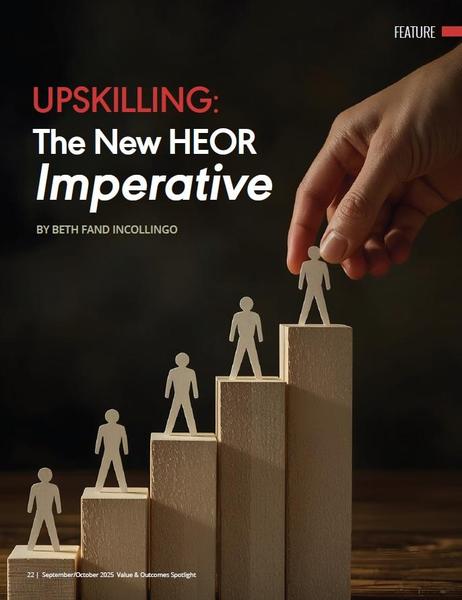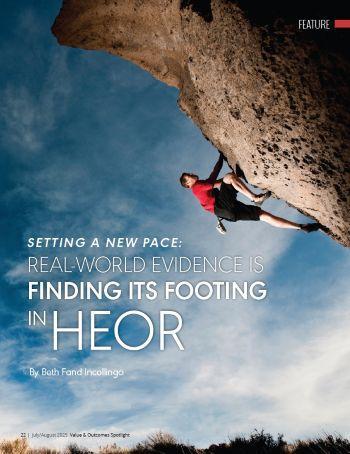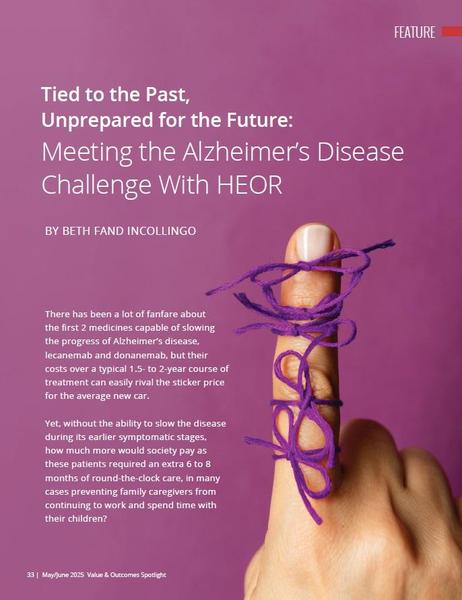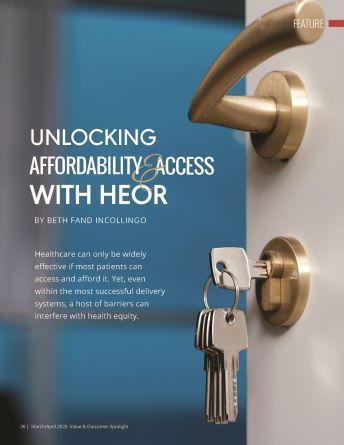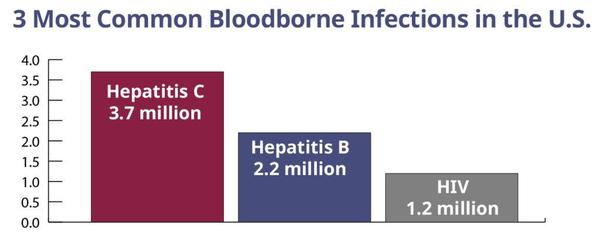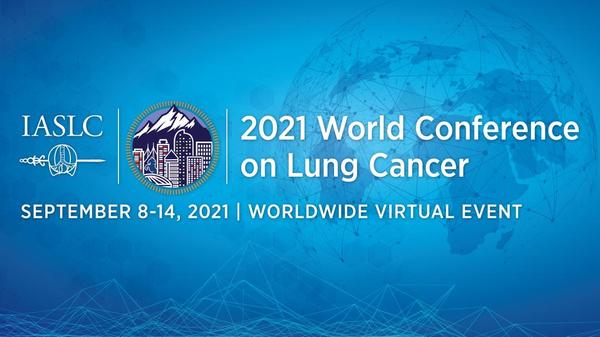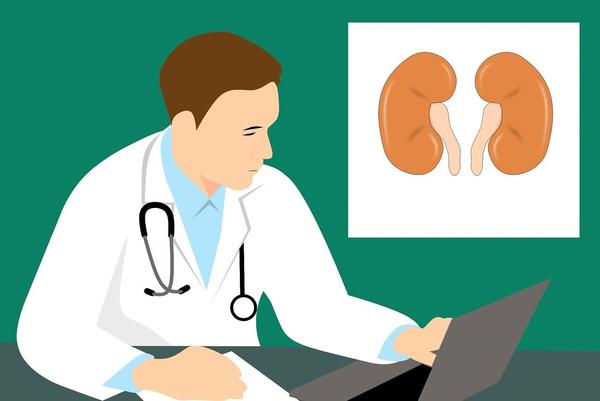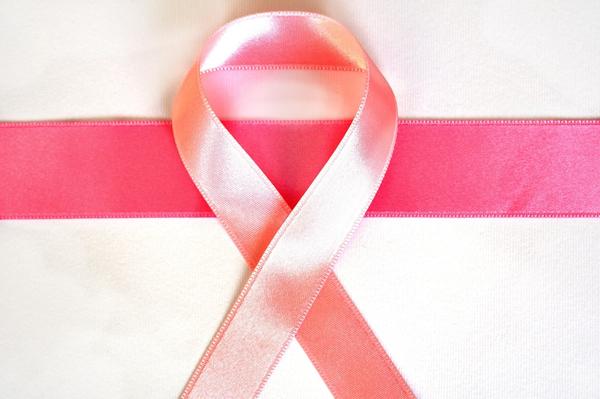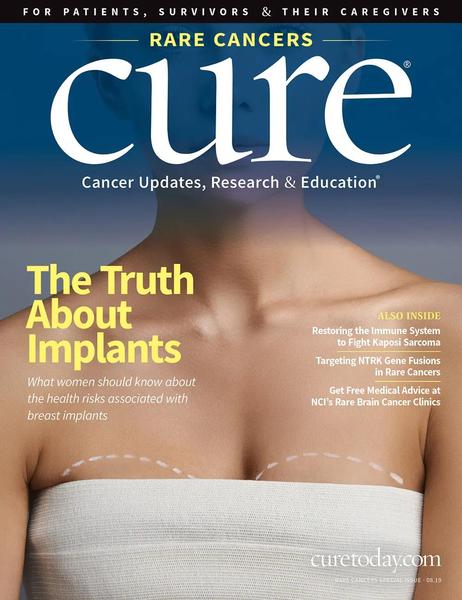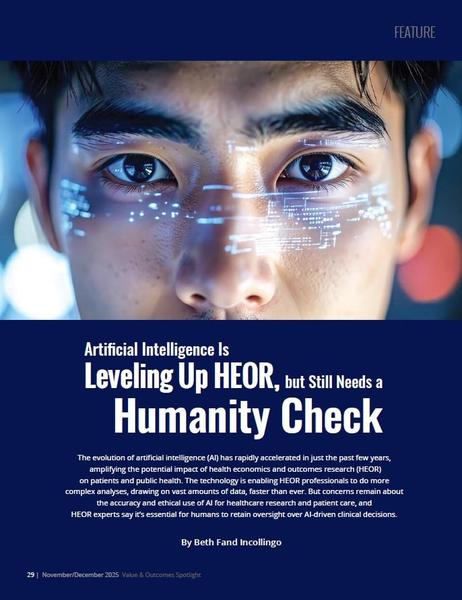
Artificial Intelligence is Leveling Up HEOR, but Still Needs a Humanity Check
The evolution of artificial intelligence (AI) has rapidly accelerated in just the past few years, amplifying the potential impact of health economics and outcomes research (HEOR) on patients and public health. The technology is enabling HEOR professionals to do more complex analyses, drawing on vast amounts of data, faster than ever. But concerns remain about the accuracy and ethical use of AI for healthcare research and patient care, and HEOR experts say it’s essential for humans to retain over...


